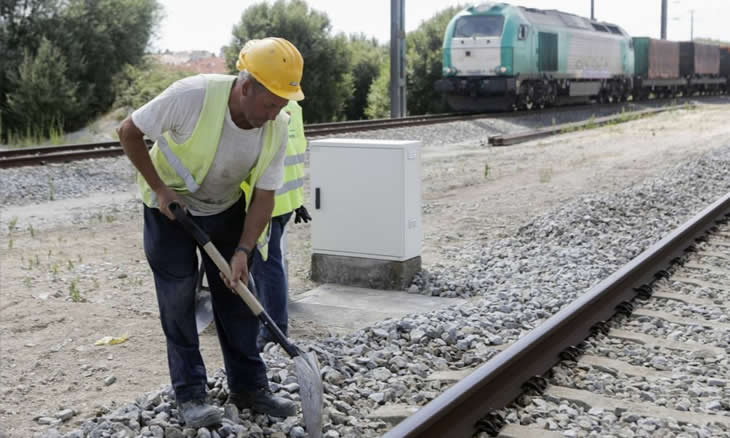Mozambique: Overtime payments will be staggered, says Minister
Mozambique: New logistics corridor in north to ‘revolutionise’ trade, travel

Photo: O País
A new logistics railway corridor to be built in central Mozambique plans to revolutionise travelling in the region thanks to the creation of a passenger train, the executive director of the concession company said on Friday in an interview with Lusa.
The overland journey between Quelimane, on the Indian coast, to Tete, in the interior, takes more than two days and, if the schedule for implementing the new corridor (railroad and deep-water port) is met, by 2024 the journey time should be reduced to ten hours.
In addition to cargo transport, which is at the heart of the investment, projects are planned with immediate social impact on the daily lives of the population, said Orlando Marques, executive director (CEO) of Thai Mozambique Logistics (TML).
One of these is the creation of a passenger rail link.
The $3.2 billion (€2.9 billion) investment will transport minerals, agricultural and other products from Mozambique, Zambia and Malawi to the deepwater port to be built in Macuze, Quelimane, on the Indian Ocean coast.
The same line will have two passenger trains, one in the morning and the other at the end of the day, a service that will revolutionise traffic, the CEO said.
There will be 22 stations along the line whose location is being studied to connect with local development projects.
Regarding the resettlement of the population on construction sites (620km of the railroad, in addition to the port), the construction of 400 to 450 new houses is planned.
On Friday, the first stone is being laid of the village for the population at the site of the deep-water port of Macuze – which marks the start of the ‘phase zero’ of the project, Orlando Marques said.
He said that this pioneering village shows the model to follow: modern construction and respect for residents’ traditions – a total of 63 families in this start-up phase, each with their own house.
At the peak of the construction work, 12,500 workers should be employed, most of them Mozambicans.
The construction of the corridor should start in 2020 and is the responsibility of a consortium of the Portuguese Mota-Engil and the Chinese CCEC.













Leave a Reply
Be the First to Comment!
You must be logged in to post a comment.
You must be logged in to post a comment.